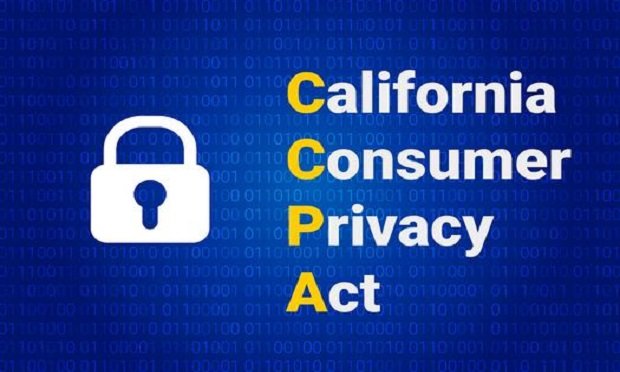 CCPA compliance will vary for every business, depending on their particular needs, and the same is true for the insurance industry. (Photo: Shutterstock)
CCPA compliance will vary for every business, depending on their particular needs, and the same is true for the insurance industry. (Photo: Shutterstock)
Editor's Note: The purpose of this article is to provide background information on the California Consumer Privacy Act, specifically on the exemptions that generally will be applicable to the insurance industry. While developing a compliance plan will require an in-depth analysis of the specific information that an insurance company collects, this article also poses questions that insurance companies should be considering as they finalize their compliance plans.
Recommended For You
Want to continue reading?
Become a Free PropertyCasualty360 Digital Reader
Your access to unlimited PropertyCasualty360 content isn’t changing.
Once you are an ALM digital member, you’ll receive:
- Breaking insurance news and analysis, on-site and via our newsletters and custom alerts
- Weekly Insurance Speak podcast featuring exclusive interviews with industry leaders
- Educational webcasts, white papers, and ebooks from industry thought leaders
- Critical converage of the employee benefits and financial advisory markets on our other ALM sites, BenefitsPRO and ThinkAdvisor
Already have an account? Sign In Now
© 2025 ALM Global, LLC, All Rights Reserved. Request academic re-use from www.copyright.com. All other uses, submit a request to [email protected]. For more information visit Asset & Logo Licensing.








